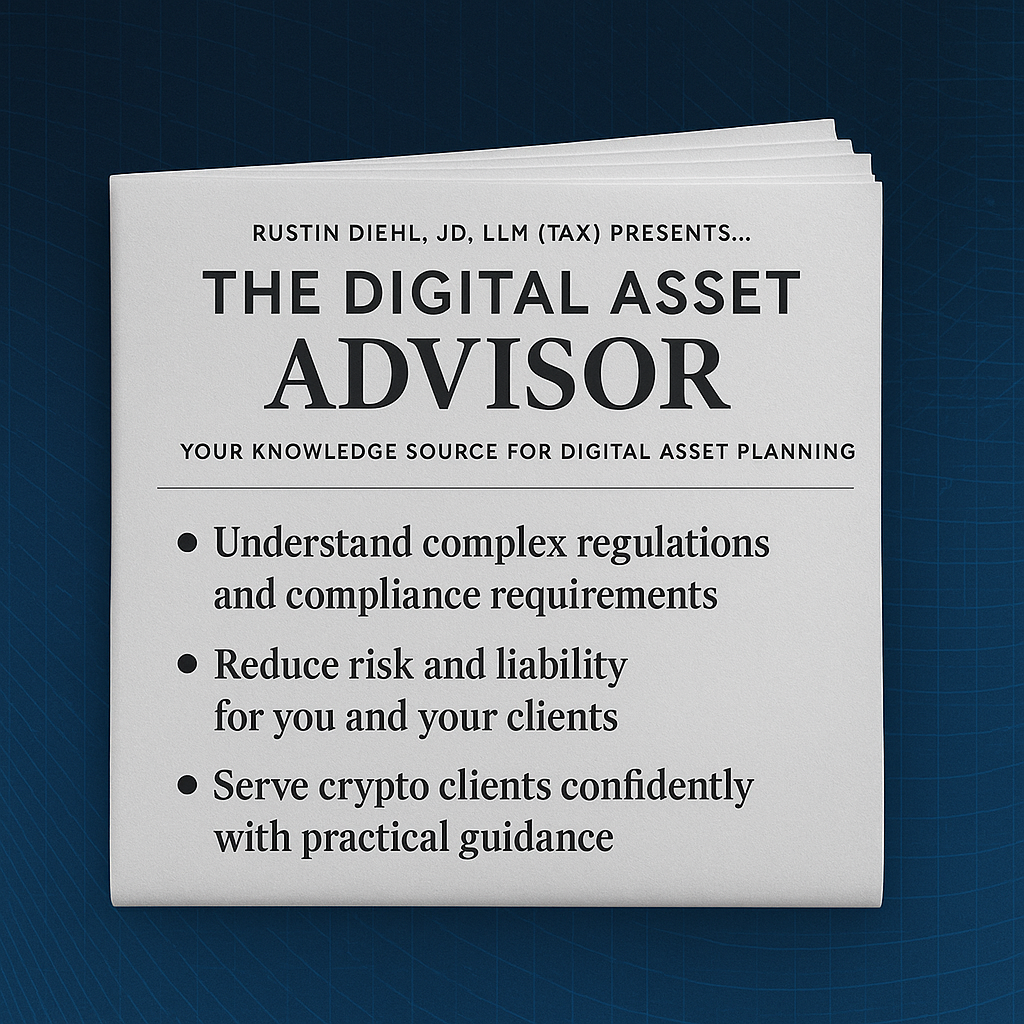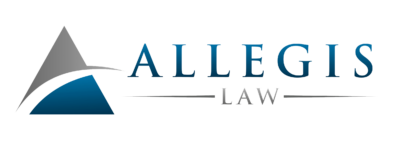Traditional family offices manage wealth through layers of trustees, managers, and intermediaries, each adding complexity, costs, and potential points of failure, without a central authority to streamline processes. But what if there were a way to automate governance, ensure transparent decision-making, and reduce fiduciary risks while maintaining the sophisticated wealth management strategies that high-net-worth families require?
Decentralized Autonomous Organizations (DAOs) are emerging as a transformative solution for family office management, leveraging blockchain technology and smart contracts to create self-executing, autonomous organizations. Unlike conventional structures, DAOs operate without centralized control, using code to govern transactions, distributions, and investment decisions automatically.
This guide examines how decentralized autonomous organizations can transform family office operations by automating key functions, including asset distribution, investment governance, and succession planning. It explores the technical architecture that makes this possible, real-world applications including tokenized real estate management, and the legal and tax requirements that family offices must navigate. You will see how DAOs complement traditional structures like purpose trusts, learn compliance strategies that can prevent costly penalties, and review a detailed case study that demonstrates practical implementation.
Web3 represents the next evolution of the internet, built on blockchain technology that enables decentralized applications and services. Unlike Web2, where data and control are centralized in the hands of large corporations, Web3 distributes power across blockchain networks, which are interconnected systems of computers maintaining shared, tamper-proof ledgers of transactions.
DAOs are native to this Web3 ecosystem. They function as organizations governed by smart contracts deployed on blockchain networks such as Ethereum. These smart contracts automatically execute predefined rules, eliminating the need for traditional management hierarchies. When combined with tokenized governance systems, DAOs ensure that organization members have voting rights, allowing them to vote on proposals, receive distributions, and participate in decision-making with transparency and efficiency.
The blockchain network serves as the foundation, ensuring all transactions are recorded immutably and transparently. This creates a trusted environment where organization members can verify every action taken by the DAO, from investment decisions to distribution payments.
DAOs operate through a layered technical architecture that integrates multiple components of blockchain technology. At the core are smart contracts, self-executing programs that automatically enforce rules without human intervention. These contracts handle everything from membership verification to complex financial operations.
The architecture includes front-end interfaces where members interact with the DAO, oracles that bridge external data sources, and blockchain ledgers that maintain permanent records. For family offices, this means automated tax reporting, streamlined compliance with regulations such as FinCEN’s Beneficial Ownership Information Report, and real-time tracking of all financial activities.
Governance occurs digitally. Instead of convening board meetings and manually counting votes, DAO members submit proposals through online interfaces. Smart contracts tally votes based on predetermined rules encoded, execute approved decisions, and record all actions on the blockchain. This process can handle complex scenarios such as quadratic voting, where influence decreases as voting power increases, or time-locked distributions for succession planning.
Different DAO governance structures serve distinct family office functions. Investment DAOs use token-weighted voting for asset acquisition decisions, with multisignature overrides ensuring compliance with securities regulations. These structures can manage everything from traditional investments to tokenized real estate portfolios.
Succession DAOs automate inheritance planning through smart contracts that trigger distributions based on predetermined criteria such as birthdays, milestones, or other family-defined events. This eliminates discretionary decisions that often create family conflicts while ensuring tax-compliant transfers.
Philanthropy DAOs facilitate charitable giving through mechanisms such as quadratic voting, where family members allocate funds and grants collaboratively, fostering a sense of community. This approach minimizes unrelated business taxable income risks while fostering unity around shared values through social tokens.
One of the most compelling applications for family office DAOs is the tokenization of real estate assets. Traditional real estate investment requires significant capital commitments and often lacks liquidity. Tokenization addresses these challenges by representing property ownership through digital tokens on blockchain networks.
Tokenization provides several advantages. Fractional ownership democratizes access, enabling family members to invest in portions of high-value properties rather than requiring full capital commitments. Liquidity improves through secondary market trading among accredited family members, subject to smart contract restrictions that maintain securities compliance.
Smart contracts automate property management functions that traditionally require extensive manual oversight. Rental payments are collected automatically, distributed to token holders based on their ownership percentages, and recorded immutably for tax reporting. Lease agreements are tracked digitally, with important dates and terms managed through blockchain-based systems.
DAOs enhance, rather than replace, traditional family office structures. Purpose trusts, commonly used to hold management entities such as investment advisor LLCs, benefit significantly from DAO integration.
In a hybrid structure, the purpose trust holds the DAO’s equity, treating it as a management entity. The DAO’s smart contracts then automate traditional trust functions such as distribution schedules and investment approvals. This approach maintains the succession and tax benefits of purpose trusts while adding the efficiency and transparency of blockchain automation.
Instead of requiring trustees to approve and process distributions manually, smart contracts can automatically execute payments based on predetermined criteria. Family members can verify these transactions through blockchain records, building confidence while reducing administrative burdens.
Regulatory compliance is one of the most critical aspects of implementing a family office DAO. The complexity spans multiple jurisdictions and regulatory frameworks, from IRS tax requirements to SEC securities regulations and FinCEN anti-money laundering rules.
Tax compliance requires careful attention to reporting requirements. DAOs must report token transactions on IRS Form 1099-DA, with penalties exceeding $10,000 for non-compliance. Capital gains from tokenized asset sales require Form 8949 reporting, with potential penalties of $50,000 or more for underreporting.
Securities compliance demands careful token design to avoid classification as investment contracts under the Howey test. Governance tokens used solely for voting may qualify as utilities, while benefit tokens tied to economic returns require securities exemptions such as Regulation D for accredited investors.
The Smith Family Real Estate DAO example demonstrates how these concepts are applied in practice. Structured as a partnership to achieve pass-through taxation, this DAO manages $50 million in funds from tokenized vacation homes and rental properties, deferring $1.5 million in potential tax liabilities through strategic formation.
The DAO restricts membership to 99 participants to avoid publicly traded partnership classification under IRC Section 7704, which could trigger penalties exceeding $500,000. NFTs represent fractional ownership of specific properties, while governance tokens enable family members to vote on acquisitions and management decisions.
Chainlink oracles help automate KYC and anti-money laundering processes, supporting FinCEN reporting requirements. Property records, lease agreements, and maintenance logs are stored on IPFS (InterPlanetary File System), providing transparent access while maintaining security.
The DAO automates $2 million in annual rental income distributions, with smart contracts collecting tenant payments and distributing proceeds to token holders based on ownership percentages. This automation reduces administrative costs while providing immutable records for tax compliance.
Family office DAOs can implement sophisticated tax strategies that would be difficult to execute manually. Tax-loss harvesting through strategic token sales can result in annual deductions of $30,000 or more. Wash sale rules apply to cryptocurrency transactions, requiring careful timing to avoid penalties.
IRC Section 475 mark-to-market elections can benefit DAOs actively trading tokenized assets. This election converts capital losses to ordinary losses, deductible without limitation, and avoids wash sale restrictions, potentially saving $10,000 to $30,000 in taxes through optimized loss recognition.
For nonprofit family foundations operating DAOs, careful attention to unrelated business taxable income rules prevents taxes that could exceed $100,000 on business activities. Segregating business income from investment income through separate DAO structures helps maintain tax-exempt status.
Successful DAO implementation requires addressing both technical and legal risks. Smart contract audits are crucial in preventing security vulnerabilities that could compromise family assets. Multi-signature wallets provide enhanced asset protection for digital assets by requiring approval from multiple family members before executing significant transactions, adding a critical security layer against unauthorized access or single points of failure.
Legal wrappers such as Wyoming DAO LLCs provide liability protection and tax flexibility through check-the-box elections. Delaware C-Corps offer regulatory clarity but impose double taxation at 21 percent federal rates plus dividend taxes. Cayman Foundations carry foreign tax risks under CFC rules.
The absence of proper legal structuring exposes DAOs to default tax classifications and potential penalties, raising questions about their legal status. Without appropriate wrappers, DAOs risk being treated as publicly traded partnerships subject to corporate taxation and substantial penalties.
Balancing transparency within the family with privacy from external parties is a key design challenge. Zero-knowledge proofs and other cryptographic techniques allow family members to verify transactions and governance decisions while protecting sensitive information from public exposure.
This internal transparency fosters trust by enabling family members to track asset allocations and verify fair treatment. Cryptographic privacy ensures that outside parties cannot access confidential family financial information, maintaining the discretion that family offices require.
The regulatory landscape for DAO operations continues to evolve, with several states adopting specific legislation for DAOs. Wyoming’s DAO LLC law provides a statutory framework for legal recognition and tax treatment, while other jurisdictions are developing similar approaches that reflect emerging current trends in blockchain governance.
Model DAO laws could standardize regulations across states, reducing compliance complexity and disclosure risks for DAO operations. Permitting Form 8832 tax elections would provide additional flexibility for entity classification, while authorized redacted disclosures could enhance asset protection by safeguarding sensitive family information in regulatory filings.
Family offices considering DAO implementation must evaluate potential risks associated with their organizational structure and develop comprehensive mitigation strategies. Token classification risks require ongoing monitoring of IRS guidance and court decisions. Securities compliance demands regular review of token structures and distribution methods.
Operational risks include smart contract vulnerabilities, oracle failures, and blockchain network issues. Diversifying across multiple blockchain networks, implementing robust backup systems, and maintaining traditional oversight mechanisms help manage these technical risks.
Regulatory changes pose ongoing compliance challenges. Engaging experienced legal and tax professionals who understand both traditional family office structures and emerging blockchain technologies is essential for successful implementation.
The intersection of blockchain technology, smart contracts, and family office management creates new opportunities for wealth preservation and governance innovation. Navigating the legal and tax requirements for crypto LLCs demands experienced guidance from professionals who understand both traditional wealth management and decentralized governance.
Our team helps family offices design compliant DAO structures that align with decentralized governance principles, reduce capital gains tax exposure, and maintain operational integrity. Schedule a consultation to explore how your family office can integrate blockchain technology into its long-term strategy.
Disclaimer: The information provided in this article is for educational purposes only and does not constitute legal advice. No attorney-client relationship is formed by reading this content. Consult a qualified attorney for advice specific to your situation.

©
2026
Allegis Law, LLC. All Rights Reserved.
